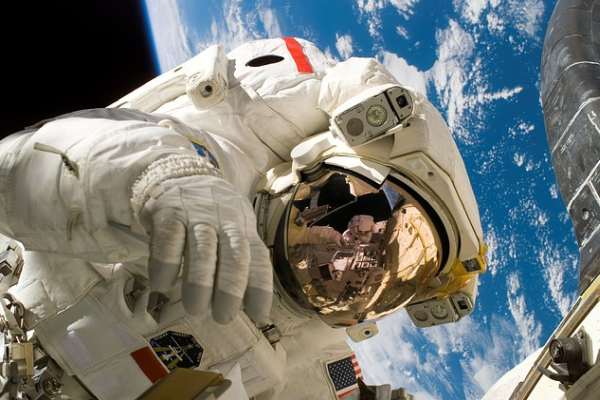Published on the 23/05/2019 | Written by Heather Wright

Bringing SpaceTech back to earth…
From solar powered high-altitude drones capable of flying to the stratosphere to near real-time autonomous environmental monitoring, the agricultural sector is about to get a helping hand – from space.
The 2019 NZ Aerospace Challenge, organised by Airbus and Christchurch NZ, is looking at one of the biggest issues facing agriculture: Sustainability. More specifically, it’s looking at how new technology from space-based imagery and remote sensing to drones can be used to detect, monitor or measure water and soil pollution.
Reducing water pollution and maintaining soil health, while managing issues such as leaching, soil erosion, sediments and runoff are key challenges facing agriculture globally.
We are right on that interface where it is now affordable for agriculture.
Currently monitoring pollution is a labour intensive process providing limited data. The Aerospace Challenge says there’s ‘a huge opportunity’ to leverage satellite and UA data along with sensors to improve detection of agricultural pollution.
Speaking on Techweek TV this week, Blinc Innovation CEO Toni Laming – one of the judges for the Aerospace Challenge, says there is an opportunity for New Zealand to take a leadership role in how we deal with the environment, climate, water.
“We are leaders in this space,” she says.
She says technologies like AI, machine learning and remote sensing, can enable earth observation data to be used more effectively to understand and predict what is happening on the land and enable farmers and environmentalists to make informed decisions faster and in a much easier way.
“We are right on that interface where it is now affordable for agriculture,” Laming says.
Eighteen companies were this week selected from 33 applicants, to join a virtual incubator programme to develop their plans and create prototypes over the next five months.
The challenge is part of the New Zealand Government Innovative Partnership programme.
The incubator participants include Kea Aerospace, which is building an un-manned solar powered high-altitude aircraft, with a flight endurance in the weeks, and the ability to fly into the stratosphere to collect high resolution multi-spectral imagery. The imagery will be used to provide large scale water and soil pollution monitoring.
Others include Otago’s Landpro, which is looking to provide a solution to monitor water quality using remote sensing data from aerial sensors; and a Lincoln University team planning to estimate nitrogen content in pasture using UA and satellite data based on an artificial neural network model.
A secondary school team from Christ’s College is also among the participants, using satellite imaging systems to measure flow rates in Canterbury’s braided rivers, while AI company Dyaus is using machine learning to help minimise water pollution.
Cyrille Schwob, Airbus Head of Technology Asia-Pacific says Airbus was impressed by the proposals received.
“These span the full spectrum of the space and agritech industries and included future-focused technology such as the use of remote sensing, artificial intelligence and unmanned aircraft,” Schwob says.
“The quality of the submissions reflects the strong culture of innovation we see in New Zealand, especially among students, incubators and start-ups.”
The winner, who will be announced in October, will walk away with NZ$30,000, start-up support and access to Airbus’ wealth of satellite data to help start their business.
While this year’s challenge is the first under a letter of intent signed between the Ministry of Business, Innovation and Employment’s Innovative Partnerships programme and Airbus last October, it’s not the first NZ Space Challenge.
That took place last year and was focused around extreme environments. It was won by GPS Control Systems, which specialises in agricultural GPS. Its winning project was a global navigation satellite system designed to help heavy tracked vehicles detect and avoid perilous ice shelf crevasses in Antarctica. It used technology already in agriculture, including autonomous farm tractor systems.
Seequent, with their cloud-based, global remote sensing solution for monitoring lake water health, was announced as the grand prize winner of the New Zealand Aerospace Challenge 2019



























